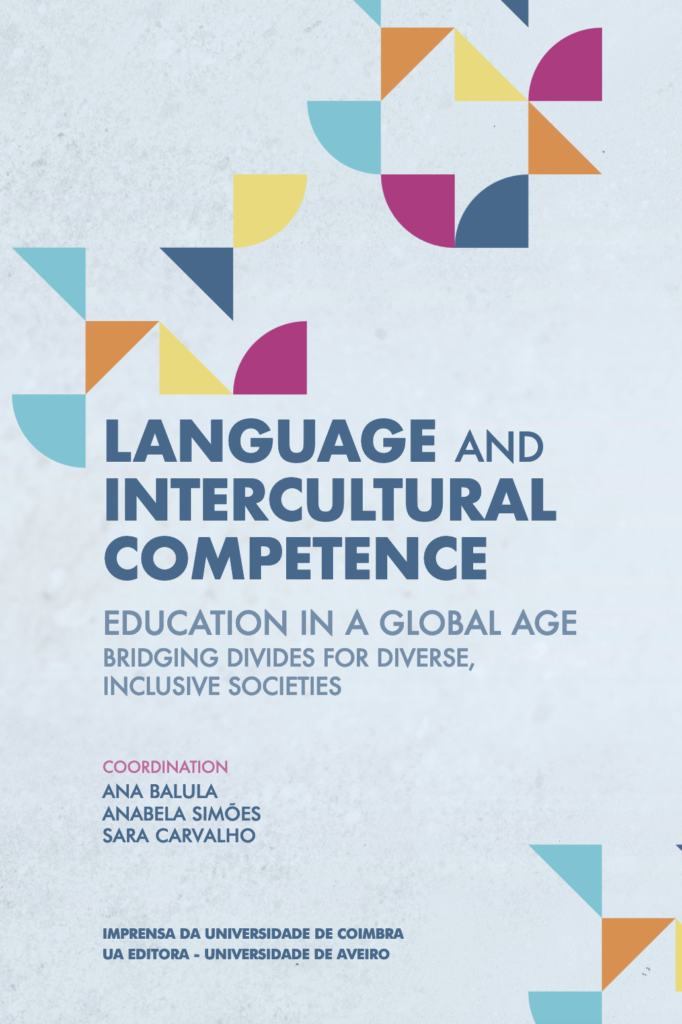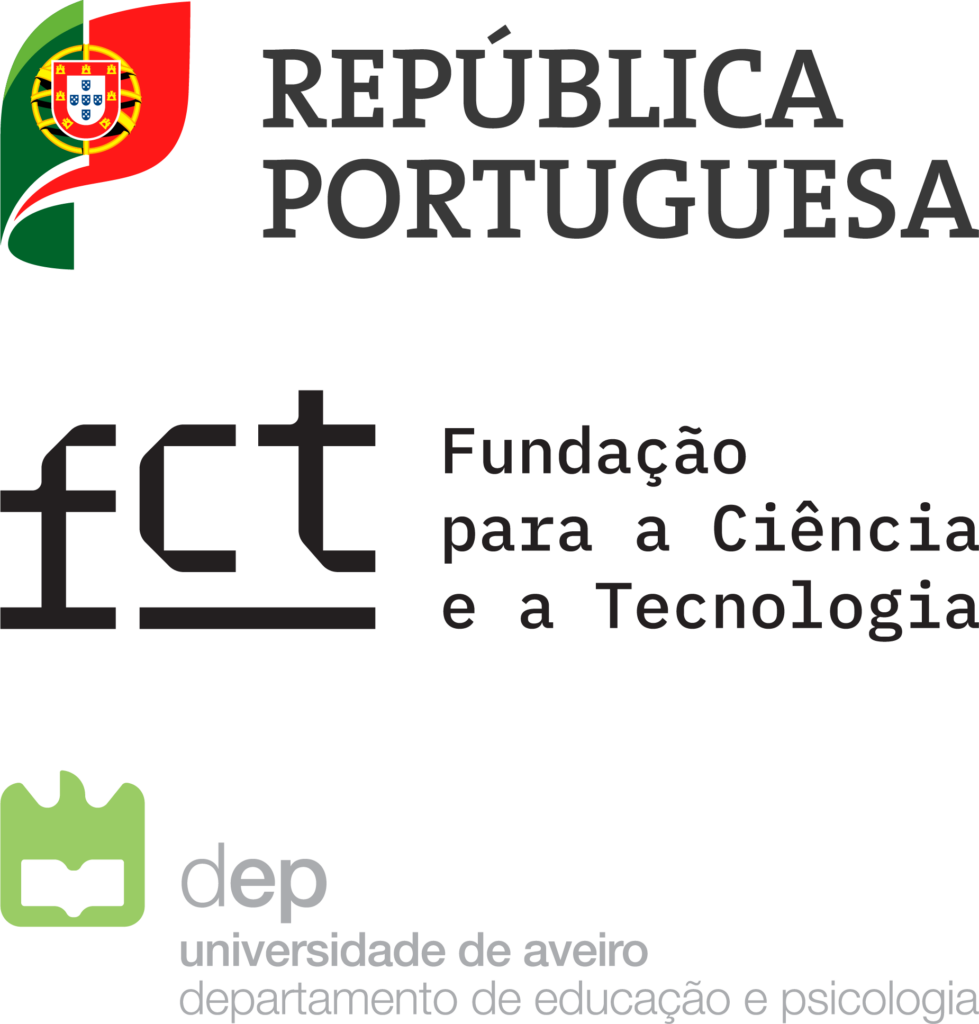O livro editado por Ana Balula (CIDTFF), Anabela Valente Simões e Sara Pereira Carvalho inclui vários conteúdos da (co)autoria de investigadoras CIDTFF que convidamos a conhecer:
- Chapter 1. Fostering intercultural competence in the ESP classroom | Ana Rita Costa (CIDTFF) | pp. 11-29
- Chapter 2. University – Industry collaboration and English for Specific Purposes | Ana Balula (CIDTFF) & Sandra Vasconcelos (CIDTFF) | pp. 31-49
- Chapter 5. Teaching for multilingualism | Ana Rita Costa (CIDTFF) | pp. 109-129
- Chapter 6. What does intercultural competence look like in portuguese foreign language textbooks? – a systematic literature review | Susana Leite (CIDTFF) & Madalena Teixeira (CIDTFF) | pp. 131-167
Synopsis
This book examines the essential connection between language learning and intercultural competence. The book explores teaching strategies, pedagogical frameworks, and real-world applications to emphasize the importance of language diversity and intercultural dialogue. The first chapter presents a study on enhancing intercultural competence in English for Specific Purposes (ESP), highlighting the role of reflective and practical activities. The subsequent chapters delve into university industry collaboration, interdisciplinary learning in higher education, teacher training programs, and the promotion of plurilingual competence through English education. Additionally, the book reviews intercultural content in Portuguese as a Foreign Language (PFL) textbooks and business Chinese materials, noting the importance of balanced cultural representation.
The final chapter discusses grammar learning strategies among Croatian speakers learning multiple languages. Overall, the book underscores the significance of integrating intercultural competence into language education to foster global awareness, critical thinking, and effective communication, advocating for inclusive educational approaches that prepare learners for diverse, multicultural environments.
– – – – –
Referências:
Balula, A., Simões, A. V., & Carvalho, S. P. (coords.) (2024). Language and Intercultural Competence Education in a Global Age: Bridging Divides for Diverse, Inclusive Societies. Imprensa da Universidade de Coimbra & UA editora. https://doi.org/10.14195/978-989-26-2655-0
Costa, A. C. (2024). Fostering intercultural competence in the ESP classroom. In A. Balula, A. V. Simões, & S. P. Carvalho (coords.), Language and Intercultural Competence Education in a Global Age: Bridging Divides for Diverse, Inclusive Societies (pp. 11-29). Imprensa da Universidade de Coimbra & UA editora. https://doi.org/10.14195/978-989-26-2655-0
Balula, A., & Vasconcelos, S. (2024). Industry collaboration and English for Specific Purposes. In A. Balula, A. V. Simões, & S. P. Carvalho (coords.), Language and Intercultural Competence Education in a Global Age: Bridging Divides for Diverse, Inclusive Societies (pp. 31-49). Imprensa da Universidade de Coimbra & UA editora. https://doi.org/10.14195/978-989-26-2655-0
Costa, A. R. (2024). Teaching for multilingualism. In A. Balula, A. V. Simões, & S. P. Carvalho (coords.), Language and Intercultural Competence Education in a Global Age: Bridging Divides for Diverse, Inclusive Societies (pp. 109-129). Imprensa da Universidade de Coimbra & UA editora. https://doi.org/10.14195/978-989-26-2655-0
Leite, S., & Teixeira, M. (2024). What does intercultural competence look like in portuguese foreign language textbooks? – a systematic literature review. In A. Balula, A. V. Simões, & S. P. Carvalho (coords.), Language and Intercultural Competence Education in a Global Age: Bridging Divides for Diverse, Inclusive Societies (pp. 131-167). Imprensa da Universidade de Coimbra & UA editora. https://doi.org/10.14195/978-989-26-2655-0





